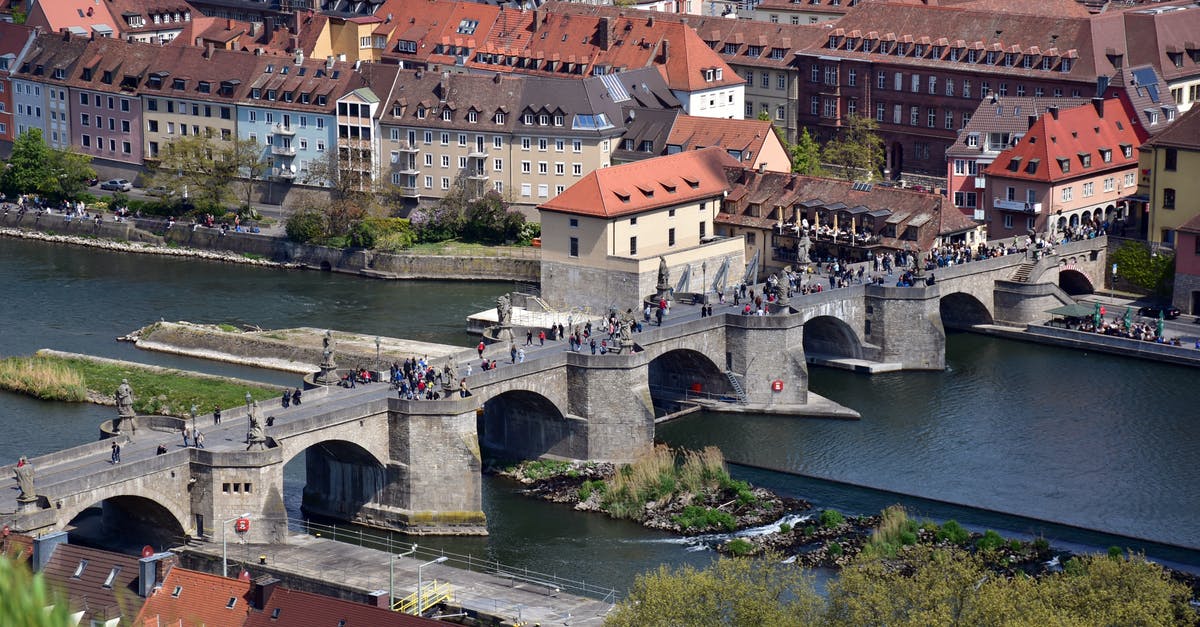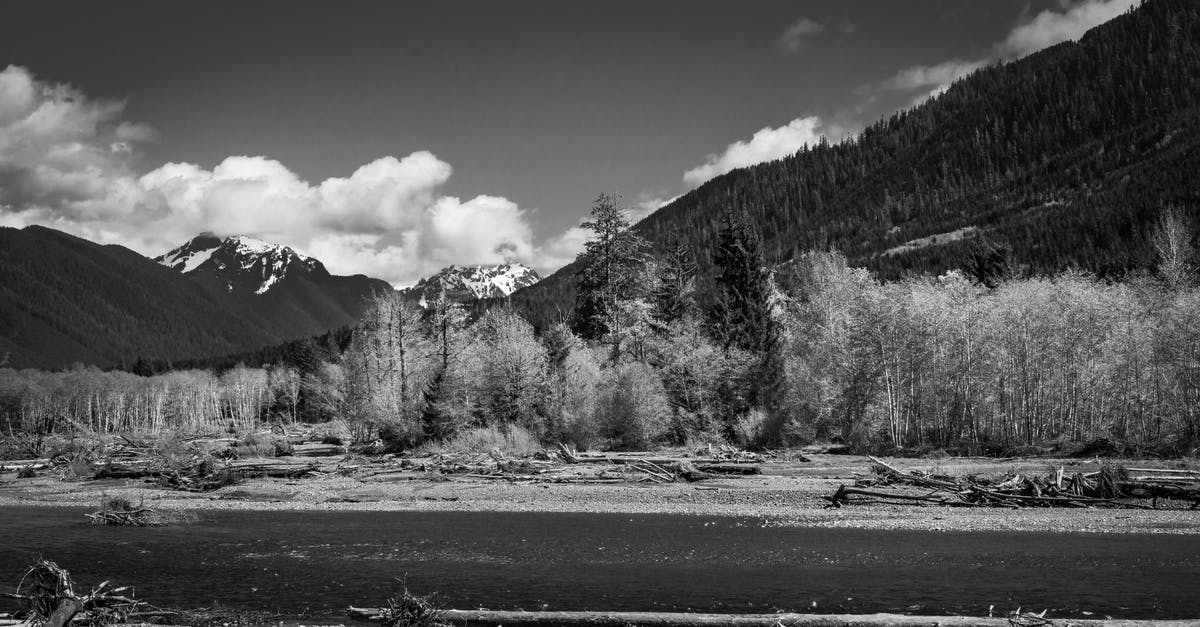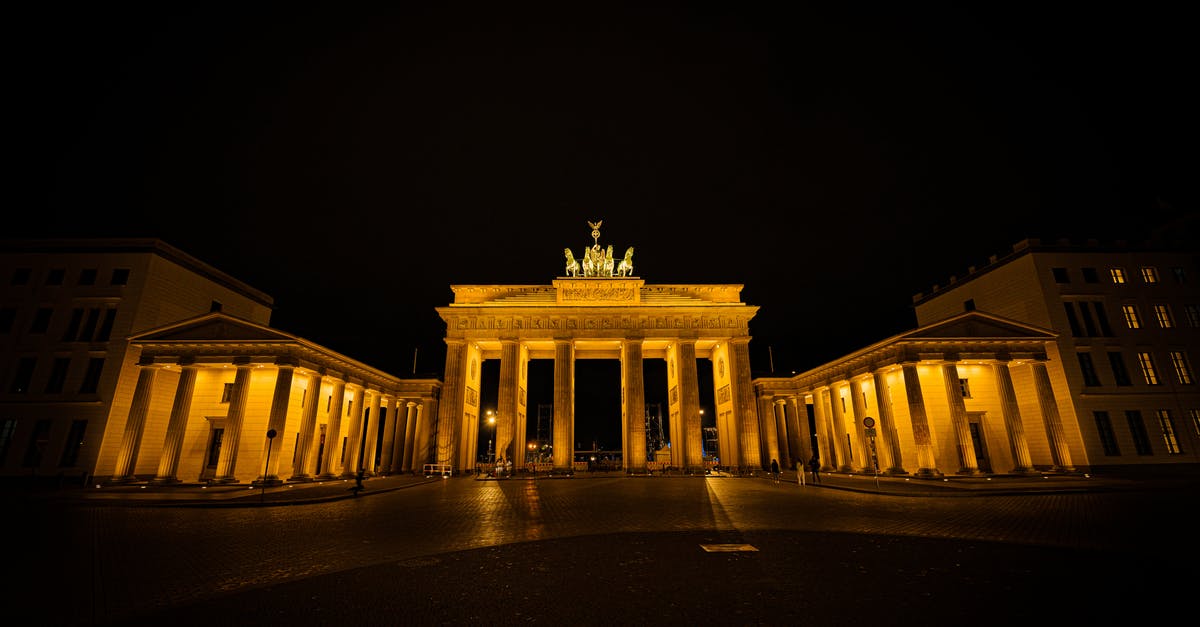Hitchhiking through Germany

I am going to hitchhike through Germany in the near future and I have never done it before. I am trying to go from one city to the next one, a few hundred kilometers.
Am I going to be more successful on a weekday or on the weekend? Is there a difference between Saturdays and Sundays? And what time of the day would you recommend?
Best Answer
As Germany has a very high density of cars, the time is completely irrelevant (As long as you do not stay on a forest road at 02:00 night), someone is always on the road. I suppose you know the standard rules for tramping, but I will repeat them for the sake of completeness:
Be good looking, sympathetic, neat and clean. German car drivers have a strong affinity to their car in general and they tend to be a bit wary of strangers.
Choose wisely the point where you tramp. You must be visible from far distance (so the driver can see you, judge you and decide you are OK) and the driver must be able to stop (bus stops, gas stations etc.)
Rules especially for Germany:
If you want to ask a driver something and he has his windows up, raise the forefinger and make eye contact. He will understand that you want something from him.
You are not allowed trying to tramp after the Autobahn sign (closely to the drive-up) and not on Autobahns themselves (The rest stops on Autobahns themselves are completely OK and valid, only the area with nothing but guardrails are forbidden). Drivers are not allowed to stop their car outside built-up areas, so the best place are bus stops and places shortly before the city border.
On Autobahns always use rest stops. You have shelter for weather, there are toilets and perhaps even showers, there are always people, you can eat and drink something.
Choose your host. Do not fear to be stuck at a location, there will be always options. If you do not have a good feeling, do not drive with him.
Buy a good map to find the correct road. In Germany really every important road between locations has its own numbering. Having a map is really nice for planning, you are able to trace if you are going in the correct direction (you are talking with your host and he misses the correct exit), you have alternative destinations, you can point to the destination if you are not speaking German and your host does not speak English well. It also avoids that your host is driving completely wrong and you end up in CompletelyInsignificantVillage.
This is especially important for Anglo-Saxons: Use the word NO. Do not use euphemisms. Asking for the "bathroom" sends you likely to the shower. Yes means Yes, No means No. Polite indicators of NO like "I wonder if this is the best solution" will be very likely ignored.
Have some change for buses. Sometimes there are directions which can be really easily accessed by bus and cost little money, so trying to tramp would be a waste of time.
You can ask everyone everywhere where traffic is. At traffic lights, railway stations, gas stations, stores. You can always politely ask if someone is driving in your direction.
Pictures about "Hitchhiking through Germany"



Is hitchhiking illegal in Europe?
In all countries in Europe, it is legal to hitchhike and in some places even encouraged.Where is hitchhiking illegal in Europe?
Yes, it is totally legal to hitchhike in Europe. No countries are forbidding this practice, however : Most countries in Europe forbid pedestrians to walk on the highway, therefore as a hitchhiker you can't hitchhike directly on the highway, instead you should ask for a ride before entering.Is hitchhiking safe in Portugal?
Normally, police won't bother you. Despite is forbidden to hitchhike at the middle of the highway, like mostly everywhere, your chances increase if you ask for a lift at the service stations or even at the tolls.Hitchhiking in Germany | S2 E2
More answers regarding hitchhiking through Germany
Answer 2
I don't think you will be particular successful with hitchhiking in Germany. I did live there for a pretty long time, and i can't remember seeing any hitchhikers on the road or anyone picking up hitchhikers. Taking the train or bus is the is usually the way to go if you want to travel long distances.
What you can do is try to organize a lift via mitfahrzentrale.de (one of the bigger car sharing sites in germany) or similar websites if you insist, that usually works pretty well. However, since this is Germany it is expected that you are at the meeting point 5mins before the scheduled time, or at least let the other party know asap if you are running late.
Answer 3
It’s better you reach the cities on weekdays because the frequency of public transports inside the city decreases and most of the shops close by 8 pm on Saturday and only open on Monday.
German people generally love to travel during weekends so there are higher chances for you getting a ride. But even if you reach the place on a weekend, all is not lost as fast food joints like McDonald's and Subway are open 24*7 (at the railway stations only).
If you need a place to crash you can register at couchsurfing.org to couchsurf. The members might preferably host you on weekends. Or if you are in a decently big town or city you can use the waiting lounges at the railway stations but the downside is you have to sleep sitting up.
Once you have reached the city it is economical to buy a day pass to use public transportation inside the city. Another suggestion is you can buy a regional eurail pass at germanrailpasses.com/passes-prices that will allow you to travel between distant cities.
I am in Germany right now and if you have any other questions please comment! Hope you have an eventful trip!
Sources: Stack Exchange - This article follows the attribution requirements of Stack Exchange and is licensed under CC BY-SA 3.0.
Images: Ries Bosch, JOHN CALLERY, Paul, Sandro Sandrone Lazzarini
